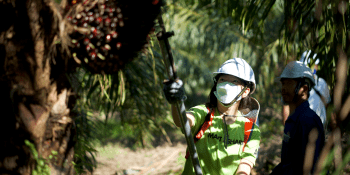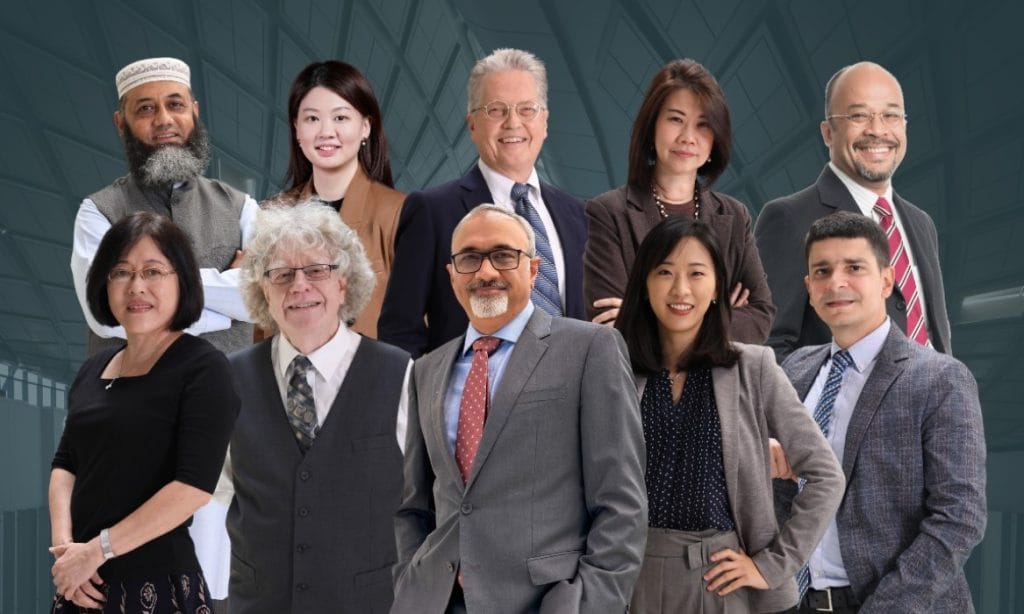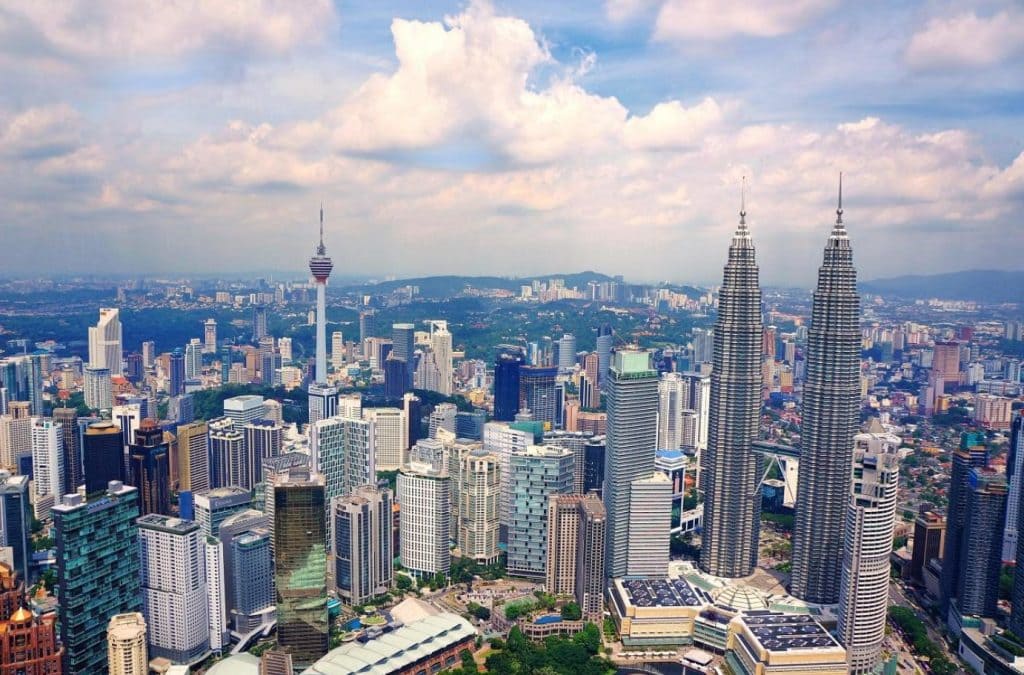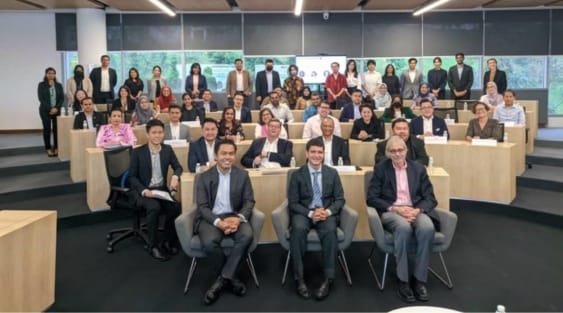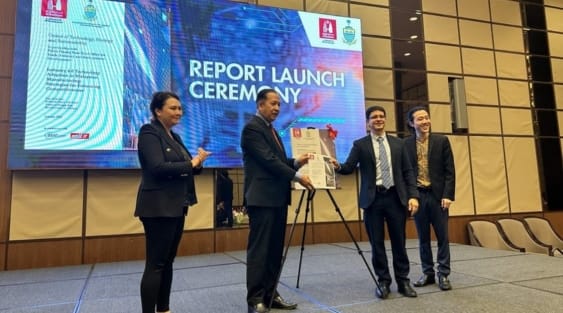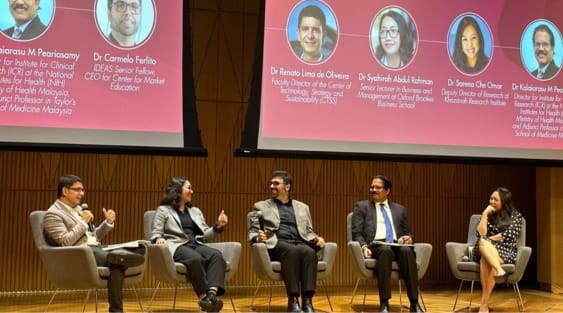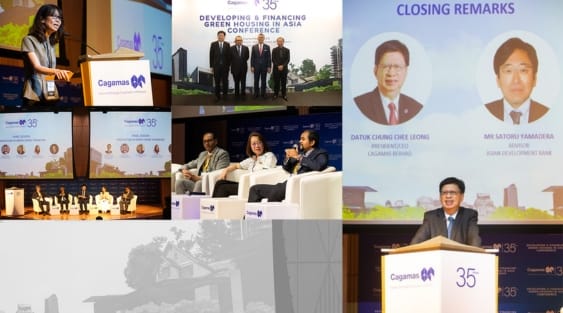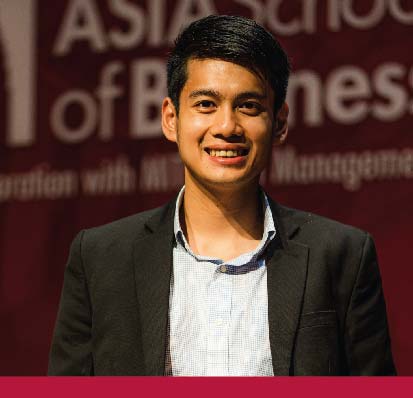Center for Technology, Strategy & Sustainability
Sapura Energy empowers us to position ourselves as a leading research center, with a focus on business strategies, technology, and the socio-political dynamics of emerging markets.
Our Mission
Host visiting scholars and students to lecture and conduct research in the region.
Conduct research and subsequently publish the findings.
Conduct rigorous and impactful research on business strategies in emerging markets and the firms’ socio-political environment.
Host public keynote events for our research programs to spark intellectual discussions and public interest, furthering knowledge generation.
Promote university-industry linkages and cross-disciplinary collaboration to enhance the understanding and performance of enterprises in emerging markets.
Our Research Projects
ASB-MIT Work of the Future Research Project
Research Center: Center of Technology, Strategy & Sustainability
Dr. Renato Lima de Oliveira, Tan Zhai Gen, Deborah Chow, Vaisnavi Mogan Rao
As part of MIT’s Work of the Future – Global Research Network, the research project aims to examine Malaysia’s adoption of technology (Industry 4.0) and explore how the future of work might evolve in several countries, including Turkey, Malaysia, and Brazil.
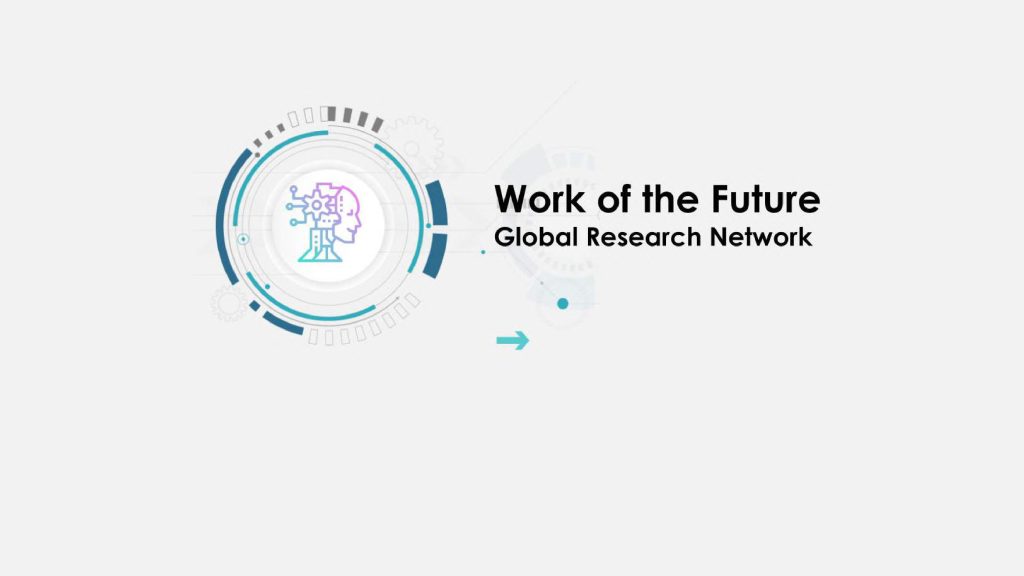
Sustainability@ASB
Research Center: Center of Technology, Strategy & Sustainability
Dr. Renato Lima de Oliveira, Tan Zhai Gen, Deborah Chow, Vaisnavi Mogan Rao
The rise of environmental, social, and corporate governance (ESG) criteria to assess companies shows that investors are mindful that climate risk is investment risk. Hence, companies that do not have a clear sustainability plan will be left behind in competing for capital, talent, and aligning values with customers and other stakeholders.
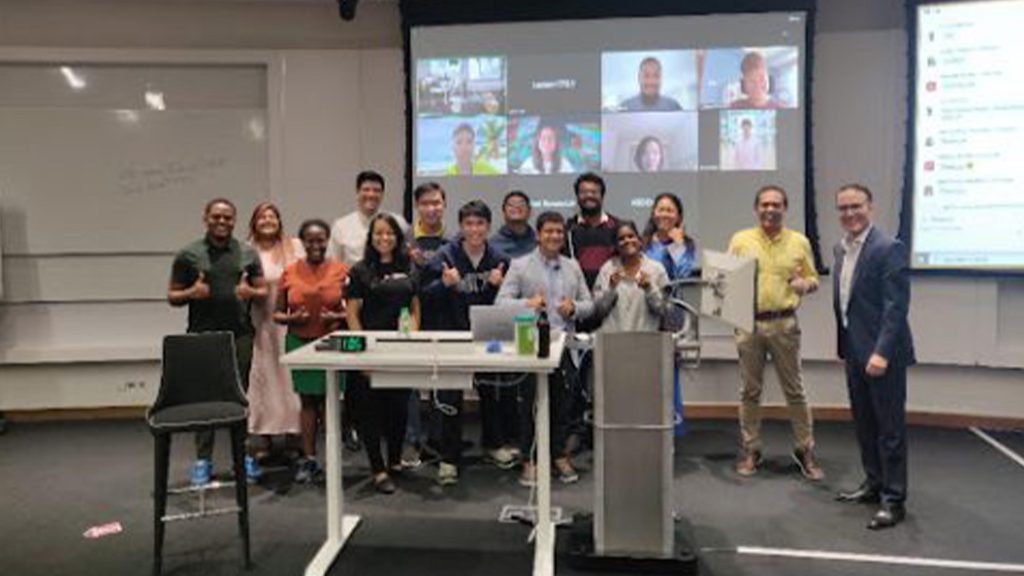
Scenario Workshop for Energy Transition in Malaysia
Research Center: Center of Technology, Strategy & Sustainability
Dr. Renato Lima de Oliveira, Tan Zhai Gen, Deborah Chow, Vaisnavi Mogan Rao
The workshop is part of a larger MOU partnership between ASB CTSS and IASS, which also comprises other ongoing collaborations in the area of energy transition and climate policies.
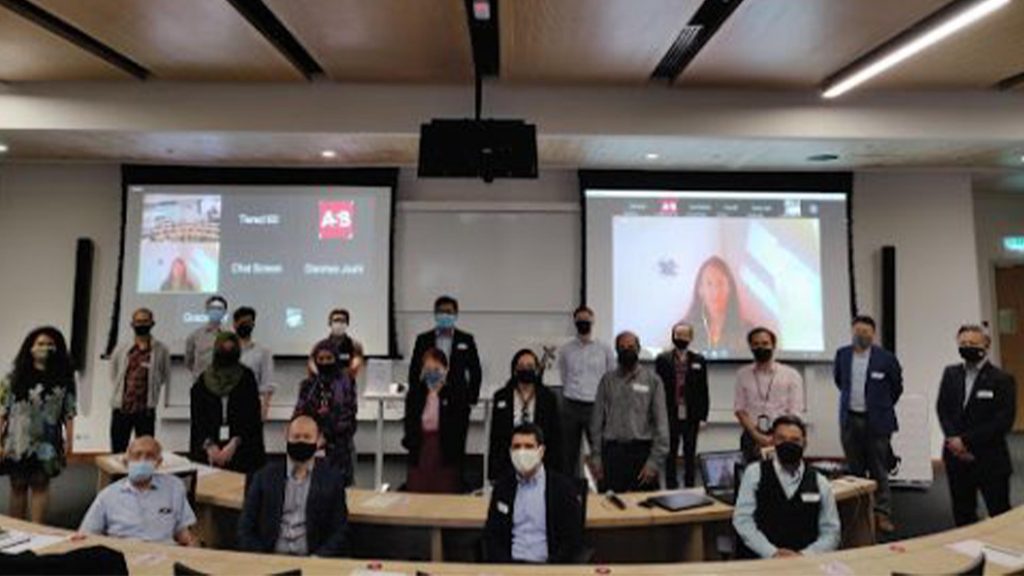
Launch of the “Industry 4.0 Technology Adoption in Malaysian Manufacturing: Strategies for Enhancing Competitiveness” policy report.
The Center of Technology, Strategy and Sustainability Asia School of Business launched its report on “Industry 4.0 Technology Adoption in Malaysian Manufacturing: Strategies for Enhancing Competitiveness” at The Wembley, George Town, Pulau Pinang, on 10 February 2023, with the support of the Penang State Government.
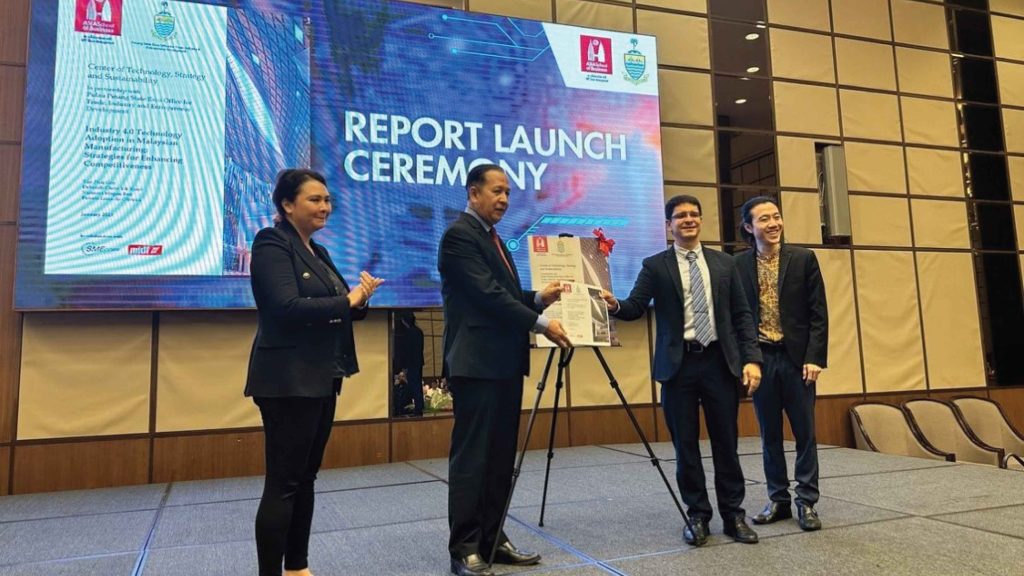
CTSS Updates
News and Events
CTSS Updates
Research Publication
The Center of Technology, Strategy & Sustainability (CTSS) Faculty Director
Dr. Renato Lima de Oliveira is an Associate Professor I at Asia School of Business and a research affiliate at MIT, where he earned his PhD in Political Science with a focus on political economy and comparative politics.
His research area is on the political economy of development and state-business relations, particularly in the areas of industrial and innovation policies, and energy politics. He has also worked as a consultant for energy, environment, and politics. At ASB, he teaches courses on international business, energy markets, and advises Action Learning projects.
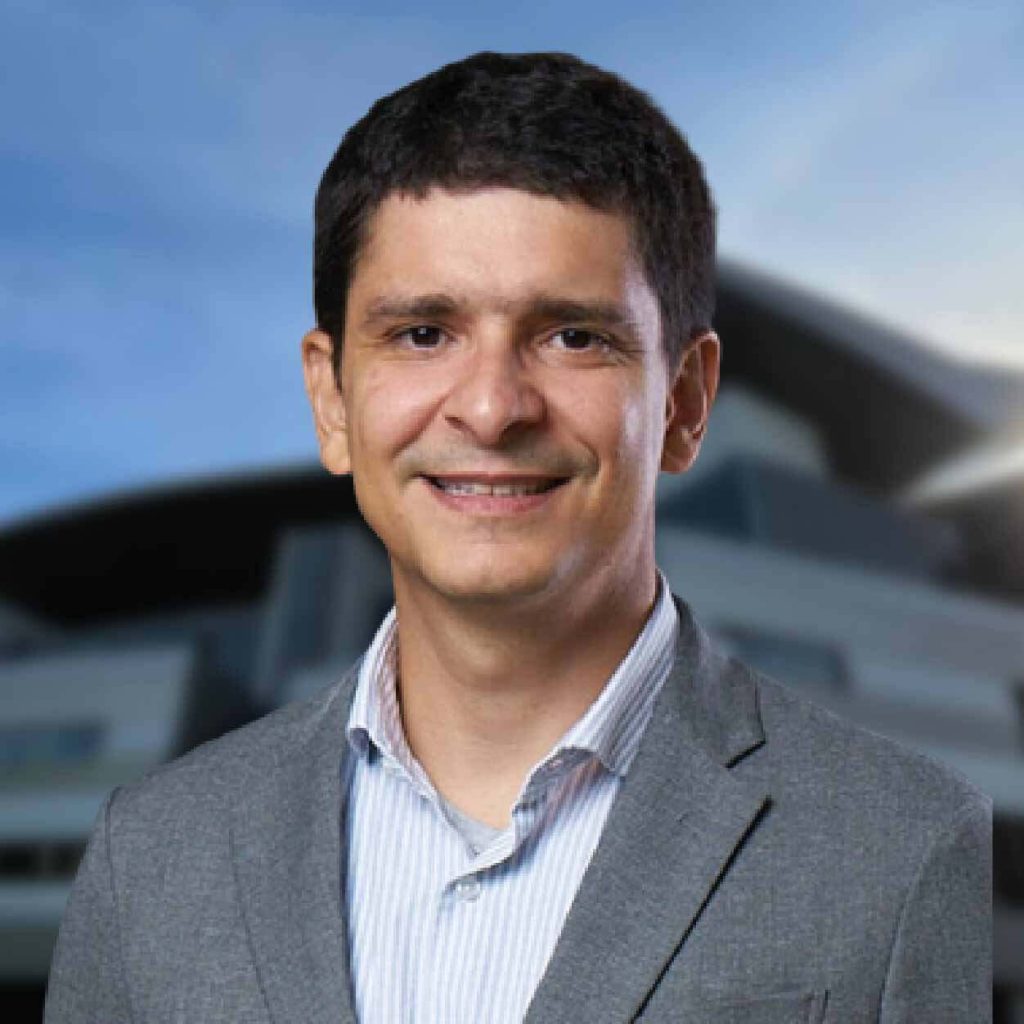
Dr. Renato Lima de Oliveira
Associate Professor I at Asia School of Business and a research affiliate at MIT
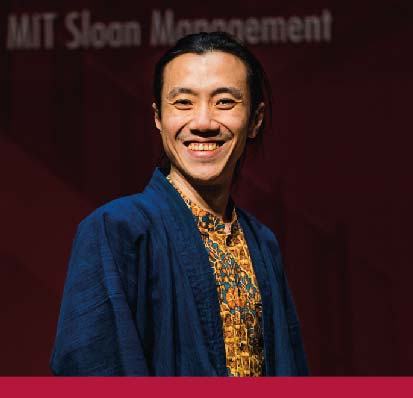
Assistant Director, Research
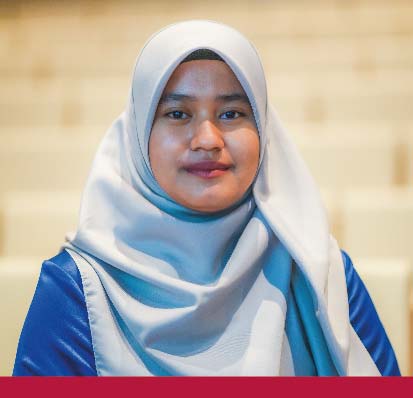
Research Centre Coordinator, ASB
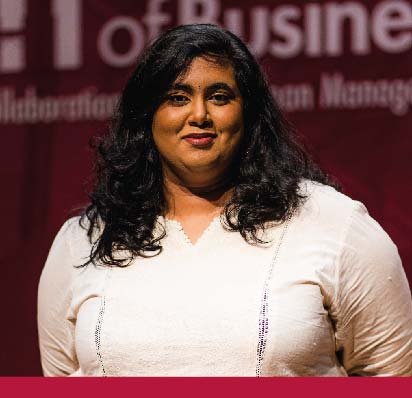
Research and Communications Executive, ASB
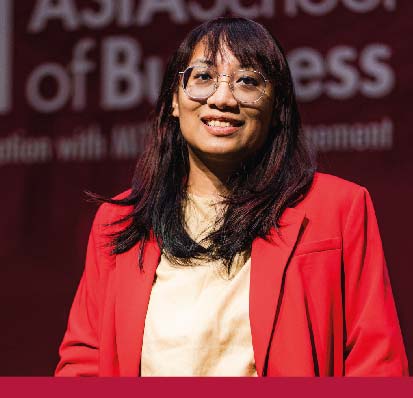
Manager, Research & Communications, ASB
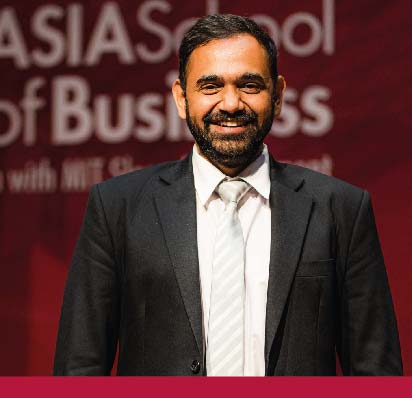
Senior Research Associate, ASB
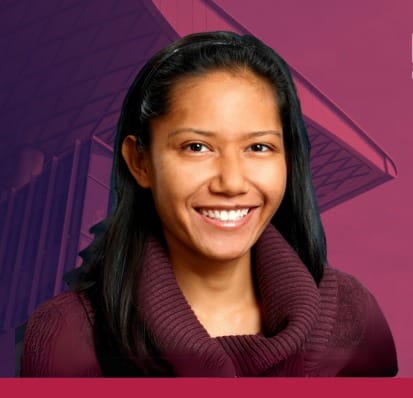
Master Degree, Engineering System and Management, Masdar Institute of Science and Technology Managing Director, COMET – Community Energy Toolkit

Emeritus Professor at the Center of Informatics of the Federal University of Pernambuco
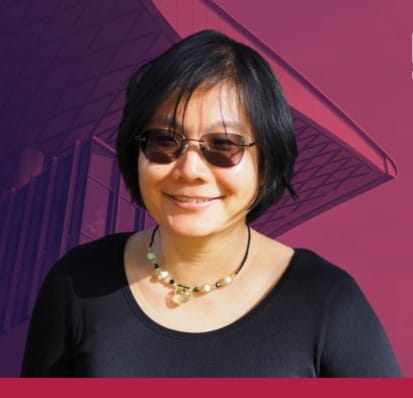
Senior Lecturer with the Faculty of Creative Arts at Universiti Malaya
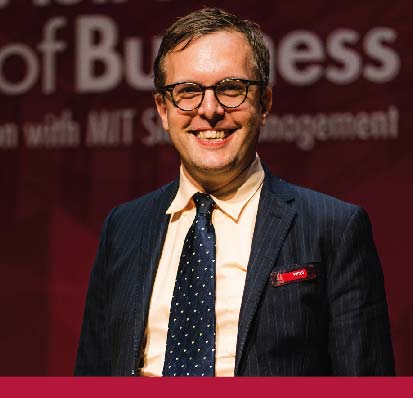
Dr. Pieter E. Stek
PhD in Technology, Policy & Management from Delft University

Assistant Director, Research

Research Centre Coordinator, ASB

Research and Communications Executive, ASB

Manager, Research & Communications, ASB

Senior Research Associate, ASB

Master Degree, Engineering System and Management, Masdar Institute of Science and Technology Managing Director, COMET – Community Energy Toolkit

Emeritus Professor at the Center of Informatics of the Federal University of Pernambuco

Senior Lecturer with the Faculty of Creative Arts at Universiti Malaya

Dr. Pieter E. Stek
PhD in Technology, Policy & Management from Delft University

